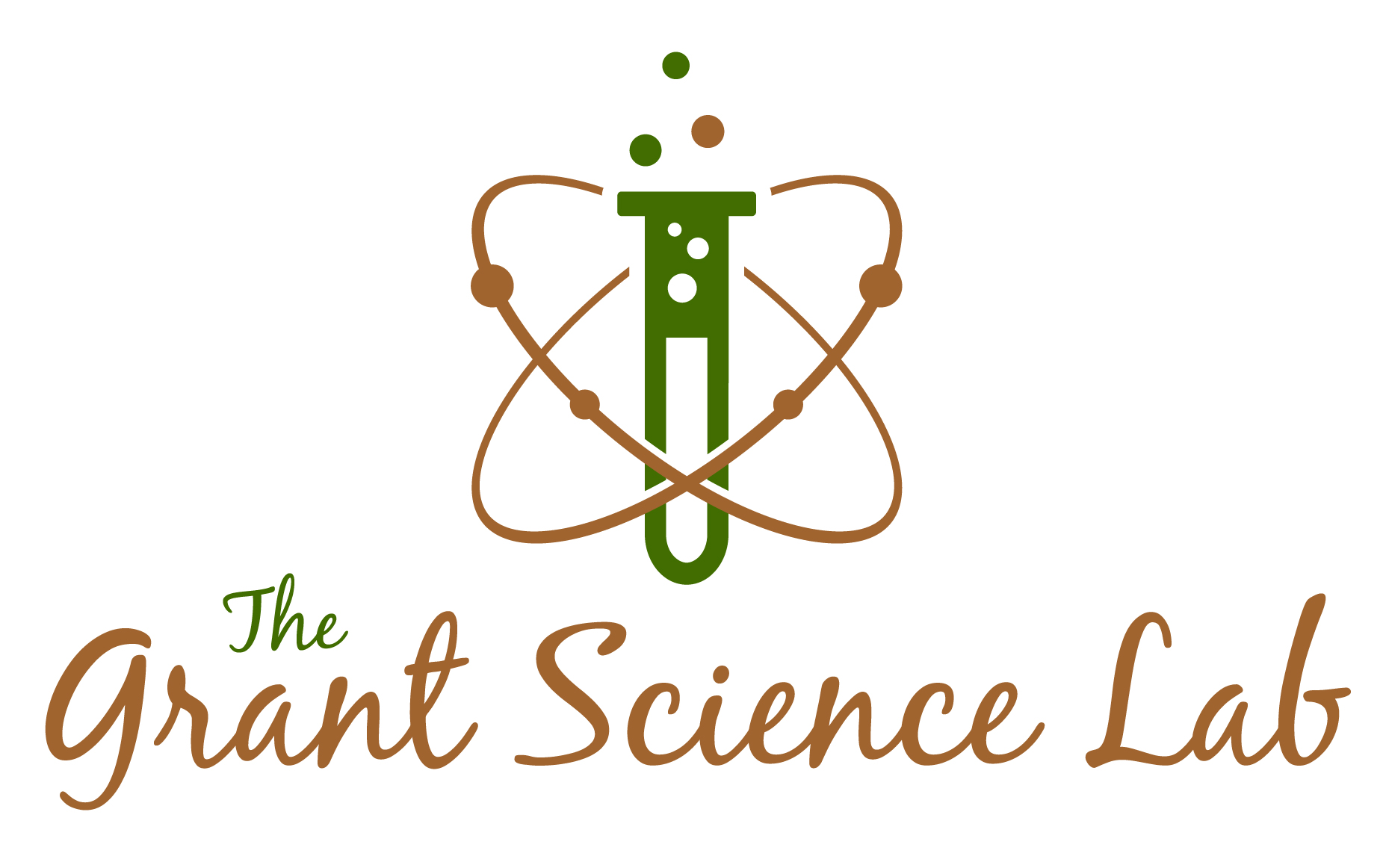A Few Fall Grant Opportunities
 Are blogs out of fashion? I don’t know, but I do know that I have not written anything significant to post in a long time. Reasons abound for my lack of posts. Some are work-related. It took a while, but the scientific community found me and a consulting firm put me on as a contract writer. Therefore, shameless self-marketing took a back seat to real work even in the gig economy. Some are personal. Since I am of the old school, I don’t always put personal details on social media because I like to maintain the illusion of personal privacy.
Are blogs out of fashion? I don’t know, but I do know that I have not written anything significant to post in a long time. Reasons abound for my lack of posts. Some are work-related. It took a while, but the scientific community found me and a consulting firm put me on as a contract writer. Therefore, shameless self-marketing took a back seat to real work even in the gig economy. Some are personal. Since I am of the old school, I don’t always put personal details on social media because I like to maintain the illusion of personal privacy.
One of the reasons behind my grant consulting was to give something back to the scientific community. That said. here are a few links to some non-biomedical research and teaching grant opportunities I’ve curated.
Likewise, here is a separate link for some biomedical grant opportunities. Most of these non-federal grants have late October, November, December, and a few January submission dates. Neither of these lists is comprehensive, but maybe someone will find a new opportunity this way.
Best,
Deb Cook Ph.D.
photo credit: Free photo 11511212 © Xdrew – Dreamstime.com
New Year, New Grants, New Service
 Not all research funding comes from federal awards. There are other sources of funds out there if you know where to look. It’s far from comprehensive, but I’ve stumbled on some of the smaller and more obscure sources of funding through a couple of free subscription services. I’ve curated them for the benefit of the research community. Ideally, I plan to send this out monthly depending on the application submission dates, so investigators have time to apply. Nothing is worse than finding the perfect opportunity, but not enough lead-time to prepare a competitive application. Keep in mind this isn’t grants.gov, The Foundation Center, or the sponsored programs office, but check out the information below for some grants for environmental and conservation research.
Not all research funding comes from federal awards. There are other sources of funds out there if you know where to look. It’s far from comprehensive, but I’ve stumbled on some of the smaller and more obscure sources of funding through a couple of free subscription services. I’ve curated them for the benefit of the research community. Ideally, I plan to send this out monthly depending on the application submission dates, so investigators have time to apply. Nothing is worse than finding the perfect opportunity, but not enough lead-time to prepare a competitive application. Keep in mind this isn’t grants.gov, The Foundation Center, or the sponsored programs office, but check out the information below for some grants for environmental and conservation research.
If this isn’t your research area,don’t worry, I’ll be covering other topics include biomedical opportunities.
The Grant Science Journal subscribers will be the first to receive this information before it shows up here.
Best,
Deb Cook PhD
Science, Funding, and the Grants Profession
 Let’s be frank. 2016 has been a rough one for many people. For me, chronic illness, home improvement (aka fixing all the deferred maintenance), and injury took time away from my consulting life. I think it is safe to say that after the election, certain areas of science funding will take a hit. The best news out of the AAAS webinar on Monday was that biomedical research is probably safe. Safe because it is something lay persons relate to because of personal experience. The other bit of good news is that existing grants represent commitments and are safe. The bad news on Monday was the unknown. Today, knowing some of the proposed agency heads, the news is much worse. Federal funding for certain basic research fields may not exist in the near future or be severely reduced.
Let’s be frank. 2016 has been a rough one for many people. For me, chronic illness, home improvement (aka fixing all the deferred maintenance), and injury took time away from my consulting life. I think it is safe to say that after the election, certain areas of science funding will take a hit. The best news out of the AAAS webinar on Monday was that biomedical research is probably safe. Safe because it is something lay persons relate to because of personal experience. The other bit of good news is that existing grants represent commitments and are safe. The bad news on Monday was the unknown. Today, knowing some of the proposed agency heads, the news is much worse. Federal funding for certain basic research fields may not exist in the near future or be severely reduced.
I spent the days after the election at the Grant Professionals Association Annual Conference held in Atlanta this year. It was the best place to be after the election. My workshop entitled, “Scientific Research Grants and Their Academic Relatives: A Guide for the Curious” had no empty seats. The attendees had a great time figuring out the funded grants from the unfunded ones using only abstracts/summaries. They also had questions about these kinds of grants and working with faculty. I collected those for future blog posts and helpful documents. Another academic grant professional presented a similar workshop on helping faculty and students find grant support in the humanities and social sciences and I was the session host. Between the two of us we pretty much covered the parallel universe of academic grants. In these uncertain times, grant professionals of all types in higher education are there to support faculty and student research efforts.
The conference is always an uplifting experience, but this time a current of worry ran through it all. Attendees were genuinely worried about the future of all sources of funding and the grants profession itself. For all concerned it is always about the greater good, the unmet need, the unanswered question. Although we are worried about what the future holds for science funding and more, I am reminded that the M in STEM stands for Mathematics. Math explains everything. Math, through game theory gives us hope.
“A small group of cooperating individuals can, over time, change the social and environmental context for all and for the better.”
Joshua Weitz @weitzlab
CITATION: Joshua S. Weitz, Ceyhun Eksin, Keith Paarporn, Sam P. Brown and William C. Ratcliff, “An oscillating tragedy of the commons in replicator dynamics with game-environment feedback,” (Proceedings of the National Academy of Sciences, 2016).http://www.pnas.org/content/early/2016/11/02/1604096113.abstract
Deb Cook PhD




